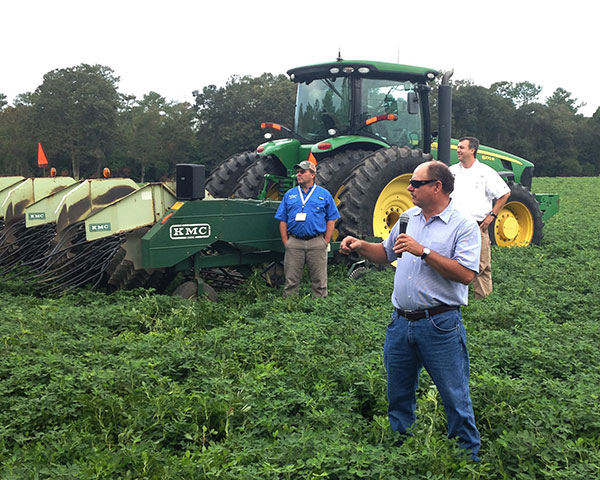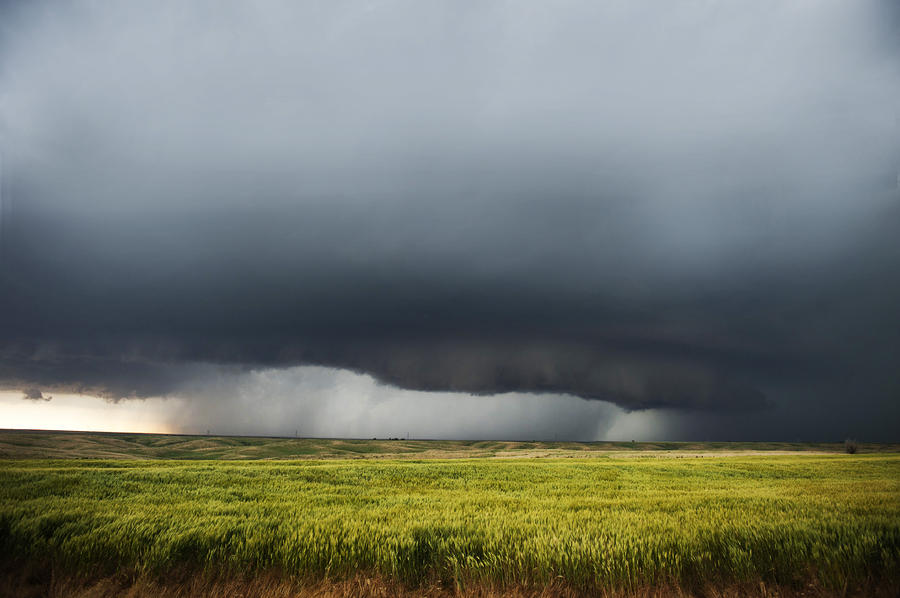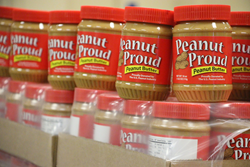

More than 150 people, representing 13 states and two foreign countries, are in the corner of Southwest Georgia for the 2015 Georgia Peanut Tour.
On Wednesday, the first day tour participants were being shown around local points of interest, the tour made several stops in Decatur, Grady and Seminole counties.
Among the tour delegation were a group accompanying the agriculture minister of Malawi, an African country, as well as a group from Canada.
The guide for the tour, which is sponsored by the Georgia Peanut Commission, is University of Georgia entomologist Rajagopalbabu “Babu” Srinivasan, who teaches at UGA’s Tifton, Ga., campus and studies plant viruses affecting crops in the Southeastern United States.
“It’s a great tour for people who are new to the peanut industry,” said Joy Carter Crosby with the Georgia Peanut Commission. “It covers all aspects of the industry, from peanuts being grown on the farm, to research centers and finally at the peanut buying point and peanut shelling facility. We are even visiting LMC Manufacturing in Donalsonville, which makes sorters and other equipment used at peanut shelling plants.”
The first stop the Georgia Peanut Tour made on Tuesday was at the farm of Andy Bell in Climax, Ga. Andy Bell and his brother, Buster, raise cattle and grow approximately 900 acres of peanuts, 1,100-1,200 acres of cotton and 200 acres of corn and silage in eastern Decatur County.
The tour continued at the University of Georgia Extension’s Attapulgus Research Farm, where a variety of crops are tested using different varieties and growing methods. In Attapulgus, UGA researchers and staff work with peanuts, corn, cotton, soybeans, peaches, peppers, squash, sweet corn, snap beans and watermelons.
Participants ate lunch at the Cloud Livestock Facility in Bainbridge and afterwards went to see peanuts being picked on a farm owned by Glenn Heard off Georgia Highway 253 North in northern Decatur County.
Glenn Heard is a third generation farmer from Brinson, Georgia. He farms in Seminole and Decatur counties. On his farm, he grows wheat, milo, corn, cotton, peanuts, sweet corn and carrots. While visiting the Heard farm, attendees were able to see peanuts being harvested and loaded into wagons.
<iframe width=”350″ height=”197″ src=”https://www.youtube.com/embed/5PKUje4RXX0″ frameborder=”0″ allowfullscreen></iframe>
To read more about Andy Bell’s and Glen Heard’s farming operations, and how they are using new science and technology to improve their farming practices, visit the Georgia Peanut Tour blog at www.gapeanuttour.com




Be the first to comment